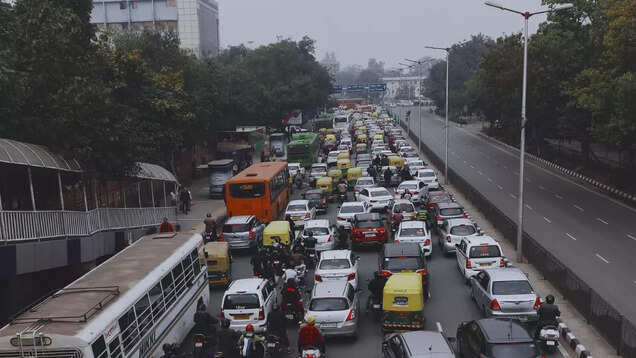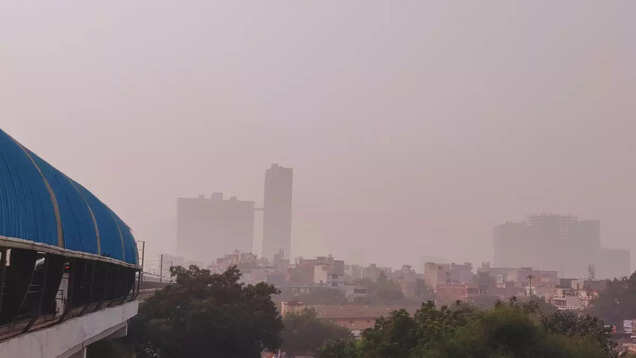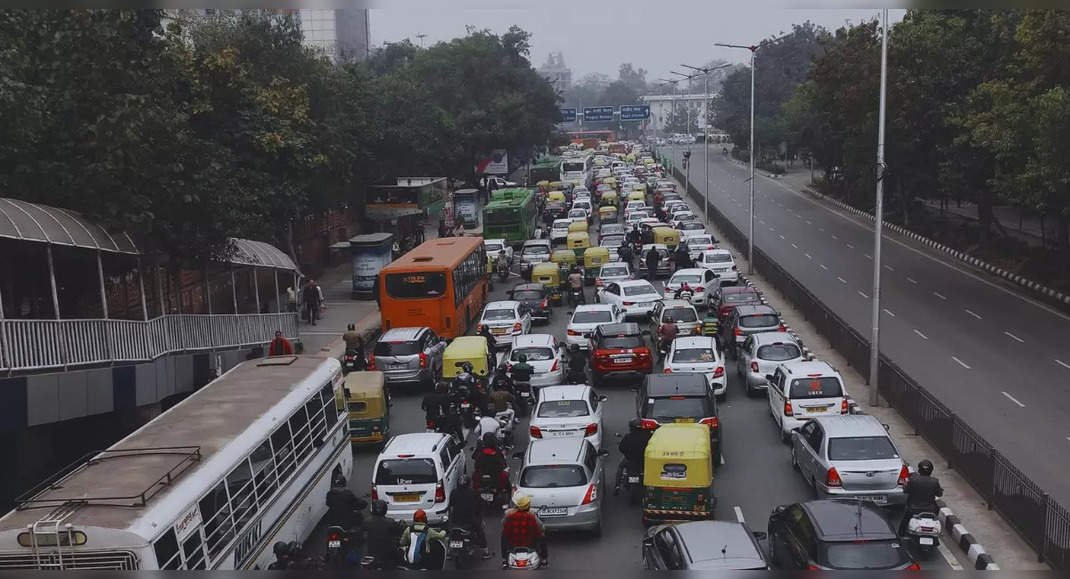
Winter is not too far away now, and one of the main concerns plaguing every Delhiites mind is the problem of air pollution. As Delhi gears up for another challenging winter, air pollution levels are expected to rise. The Atishi-led Delhi government has announced several measures to control pollution which includes a ban on firecrackers and a potential implementation of the Odd-Even scheme.
Can we expect a cracker-free festive season this year?
The Aatishi-led government has once again decided to impose a ban on firecrackers, following the same move last year to reduce pollution levels during the festive season. However, there is no firecracker ban in place as of now.
Another step to control air pollution is the implementation of the Odd-Even traffic rule. This rule allows vehicles on the road based on their registration numbers, For instance, on the first day, vehicles with registration number that ends with an odd number (1,3,5,7,9) will be allowed on the road; likewise, the second day, vehicles with registration number that ends with an even number (0, 2, 4, 6, 8) will be allowed on the road.
Especially in a mega city like Delhi, reducing traffic congestion is seen as one of the most important ways to improve air quality.
Also, the government has written to the Union Environment Minister, proposing artificial rain as a last-resort solution for combating air pollution if everything fails. This artificial rain plan is reserved for the times when the air pollution becomes uncontrollable.
Delhi Environment Minister Gopal Rai has also issued a warning to both private and public agencies involved in construction, giving them until October 7 to comply with pollution control guidelines. Non compliance will lead to strict actions against the agencies.
Also read: 6 countries to avoid on your next trip; find out why

As part of the anti-pollution efforts, construction sites larger than 500 meters are required to register on the government portal. The government is deploying 85 road-sweeping machines and 500 water-spraying machines across the city to keep dust levels under control. In addition, 200 mobile anti-smog guns will be launched to tackle air pollution from vehicle emissions and construction activities.
This year, the Delhi government has prepared a comprehensive 21-point Winter Action Plan, which aims to tackle various sources of pollution in the city. For the first time, drones will be used to monitor pollution hotspots, allowing real-time identification of major pollution sources.
Also read: 6 unhappiest cities in the US; find out why
Starting October 7, the government will also launch a dust control campaign, focusing on construction sites and open spaces prone to dust pollution.
These steps highlight Delhi’s continuing struggle with severe air pollution, especially during the winter months, when the city’s air quality typically plunges to dangerous levels. By enforcing these measures, the government aims to mitigate the effects and protect public health.


